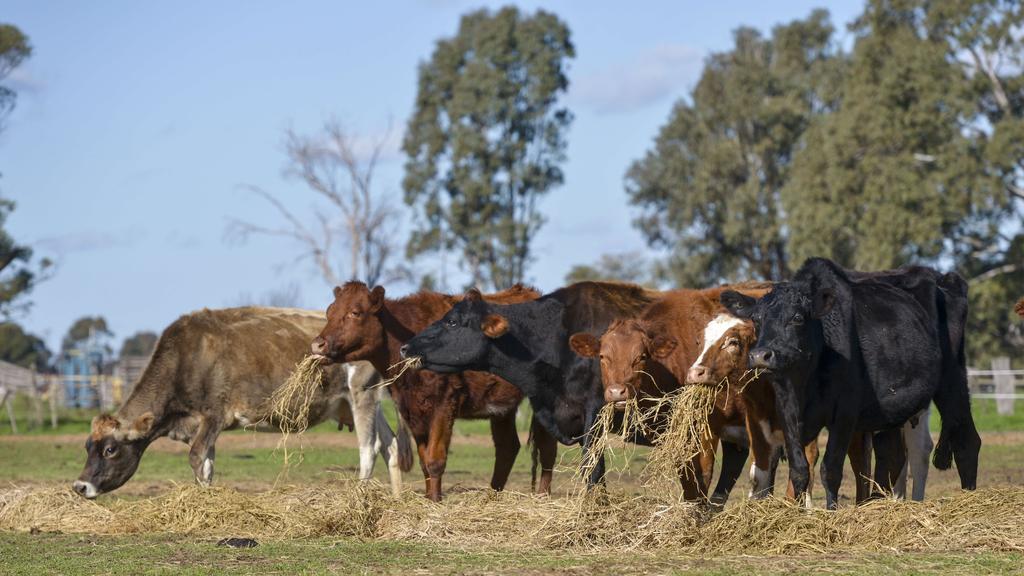
The Global Dairy Trade price index fell 0.4 per cent last week to $US3302 a tonne — the fourth consecutive fortnightly decline.
In its Agribusiness Monthly report released last week, Rabobank said the weakness in the dairy commodity market was not unsurprising.
“Large importers have accumulated short-term inventory cover following an aggressive period of buying activity,” the report said.
“At the same time, the northern hemisphere milk production season, while underwhelming, has now peaked.
“While the global fundamentals are supportive of elevated commodity prices, Rabobank is suggesting that the peak in the cycle has now passed.”
Rabobank has reiterated its expectation of an Australian milk price of $6.60/kg of milk solids, a price well below what large and smaller dairy processors are offering in Australia.
Rabobank senior analyst Michael Harvey said the discrepancy in prices was a function of local competition for anticipated smaller supplies of milk and the markets processors supplied.
“Processor margins are lower in terms of their earnings and gross margins on volumes of products they are producing are lower and that’s because they are paying more out in milk price,” Mr Harvey said.
“You can look at some companies and their milk pricing and rationalise that because you know their product mix is skewed more towards a high value domestic market or less commodity in their mix.
“There is a reminder, though, that a big volume of milk is sold into the commodity markets and the way we model it, that is only going to deliver $6.60/kg.”
Mr Harvey said that while markets had peaked, it could readily change.
“Production in the US is a bit lower than what we were modelling for because there are now some feed price pressures there,” he said.
“If weather has an impact on the New Zealand season next season and that is less than expected, then we could see a quicker recovery in (global) prices.”
Mr Harvey said irrigation farmers in Victoria’s north would continue to suffer from high water prices, with Rabobank expecting milk production in the region to decline by about 5 per cent.
Production in Gippsland and the Western District might help offset the decline in northern Victoria, but it would take some years to fully recover from the downturn.
“If you are heavily reliant on water or heavily reliant on buying in feed, that will have some margin pressure,” he said.
“Even if things shape up reasonably well in those regions that might fare better, it is still going to be a multi-year recovery.”
Source: The Weekly Times









